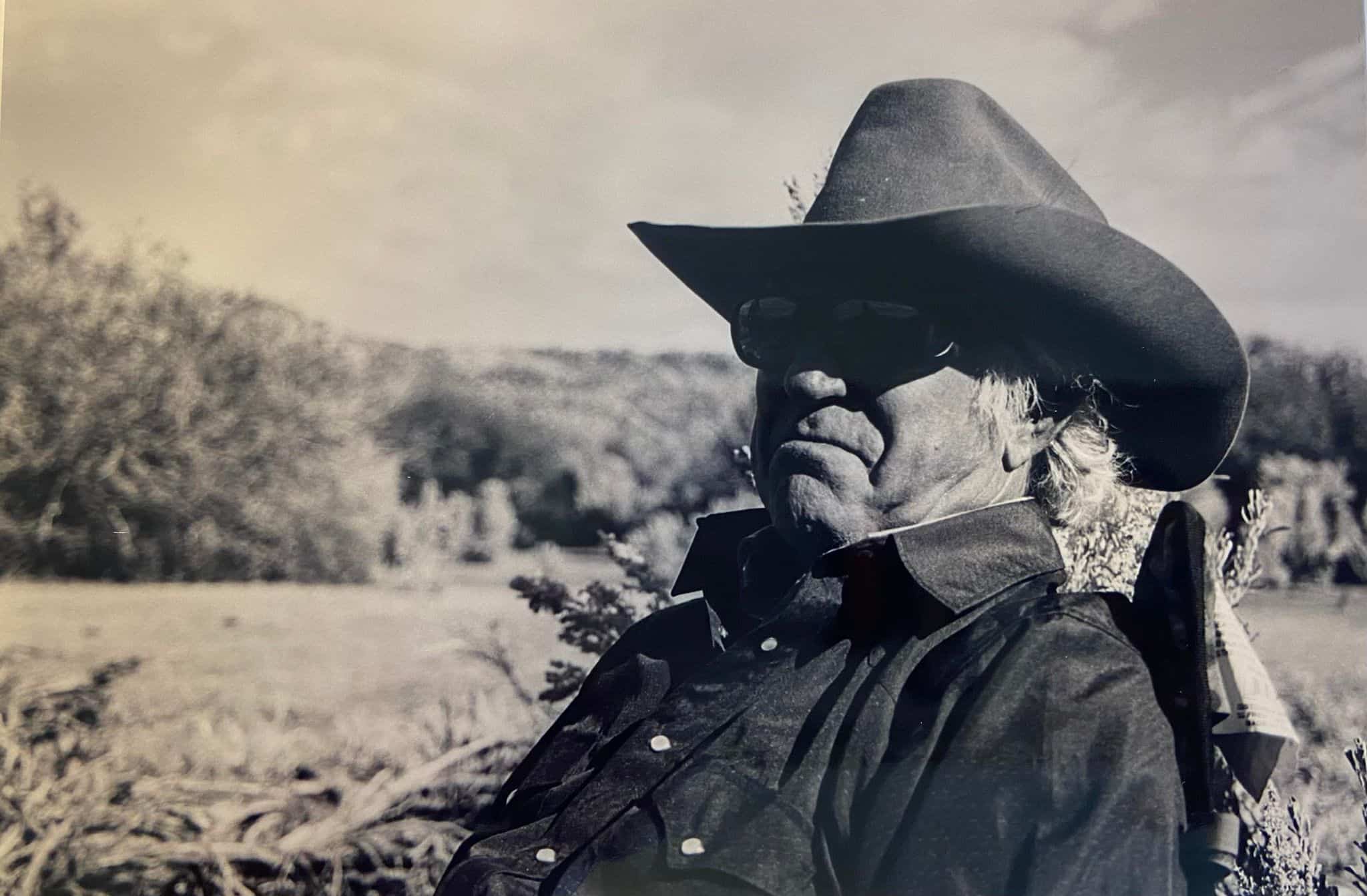Book Excerpt: Oxygen Supply
Editor’s Note: This is an excerpt from Happy Trails by Les Sellnow.
Many people worry that horses coming from near sea level will have trouble acclimating to the mountain altitudes. If they are physically fit, horses have an easier time adjusting than humans, and it’s all due to physiology. Red blood cells distribute oxygen throughout the body. The horse is unique in that it stores extra red blood cells in the spleen. When the normal supply circulating through the bloodstream is being used to the maximum, the spleen contracts and pushes forth more blood cells to serve as additional oxygen carriers.
You will find upon reaching altitudes of 8,000 feet and above that you will be gasping for air with any little exertion until you have become acclimated, yet your horse will recover quickly even after a long, steep climb. You don’t have that extra supply of red blood cells to carry additional loads of oxygen.
Just as your animals should be well conditioned, so should you. Traveling through rugged terrain puts a whole lot more stress on legs and the rest of your body than riding along a trail with only gentle hills and valleys
Create a free account with TheHorse.com to view this content.
TheHorse.com is home to thousands of free articles about horse health care. In order to access some of our exclusive free content, you must be signed into TheHorse.com.
Start your free account today!
Already have an account?
and continue reading.

Written by:
Les Sellnow
Related Articles
Stay on top of the most recent Horse Health news with















